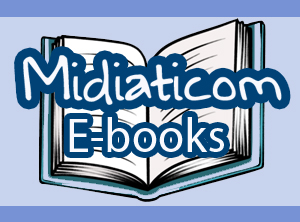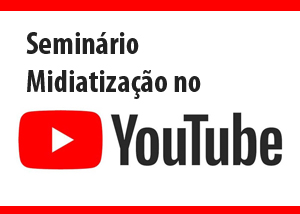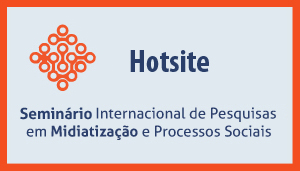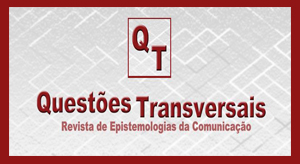Com uma mentalidade crítica em Google’s Interland
a plataforma da alfabetização midiática
Resumo
We can all agree on the importance of giving children (and others) the skills and techniques to dismantle and counteract disinformation and misinformation, fake news, hate speech and uncivilized online behavior. Often these matters are as discussed under umbrella terms like ”Media and information literacy” (MIL) or ”Digital competence” (DC) (Carlsson, 2019). One of the key aspect of MIL as a term for the qualification, socialization and subjectification of “the emerging media citizen” is “critical thinking”. Today, critical thinking in relation to the media often seem to equal “criticism of sources” and there are uncountable examples of online fact checking services and gamified training programs, accompanying a flood of educational material on how to be a good, safe and happy media citizen. A majority of these campaigns offer their target groups, teachers and students, quite instrumental and techno-centric approaches to media education (Author, 2018, 2019). However, the long term effects of these MIL-campaigns remain unclear, and there is a risk that these rather presentistic and individualistic approaches will reduce critical thinking to a consumer (prosumer) oriented skill that may legitimize rather than criticize imbalances and injustices of the current media ecology (e.g. datafication, commercialization). In order to be able to combine an instrumental approach to critical thinking witha more historicalin-depth understanding, I want to suggestthe neologism “the critical mindset”. Which is a term that denotes the didactic combination of “critical thinking” (cognitive skills) and “critical consciousness” (the perception and critical exposure of social and political contradictions and misjustices)as the ground for reflective emancipation and commonality through civic action (c.f. Freire’s, 1974 term “conscientization”). In order to describe this critical mindset as an alternative to the algorithmic mindset (of the computer) and the metric mindset (of the prosumer) I combine certain voices from the (long) tradition of media literacy (e.g. McLuhan, Postman) with progressive pedagogics (Dewey) and a post-marxian understanding of criticality (Butler, Freire) with the umbrella of mediatization theory (Couldry and Hepp, 2017; Hjarvard, 2013; Krotz, 2014).









